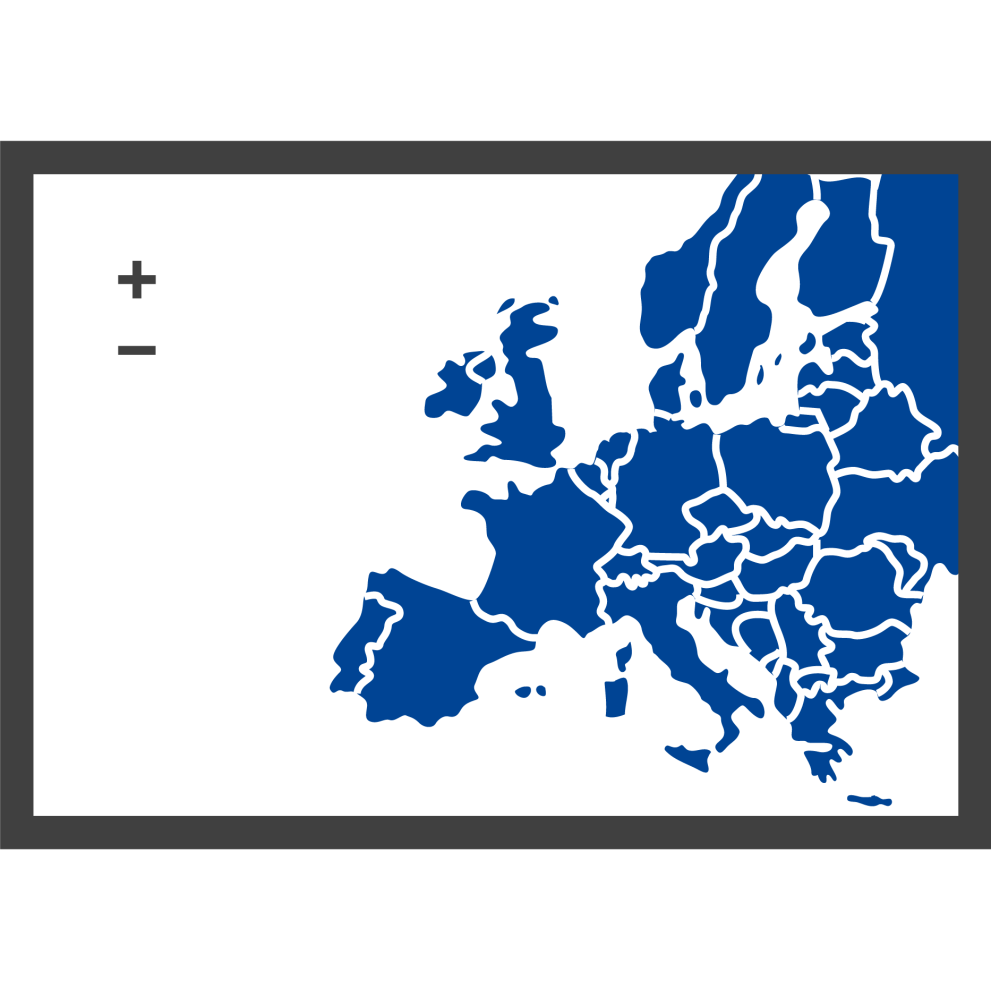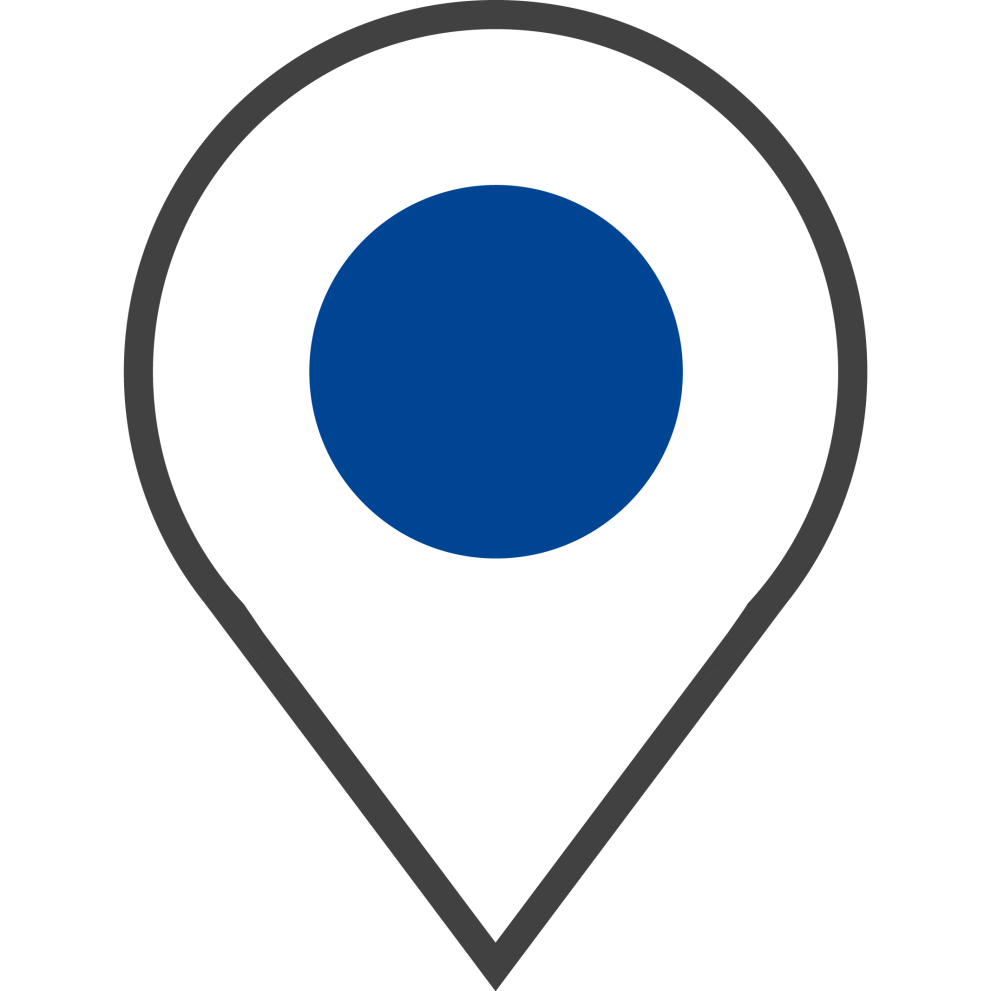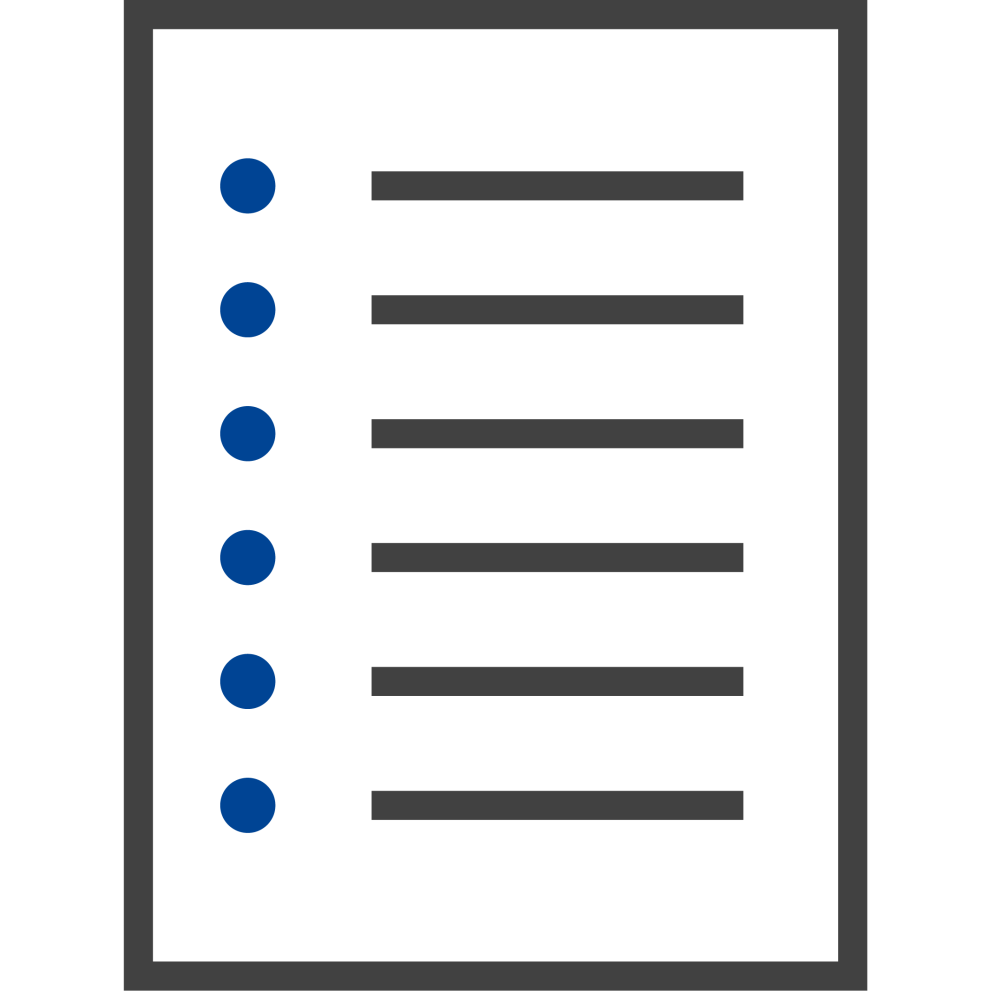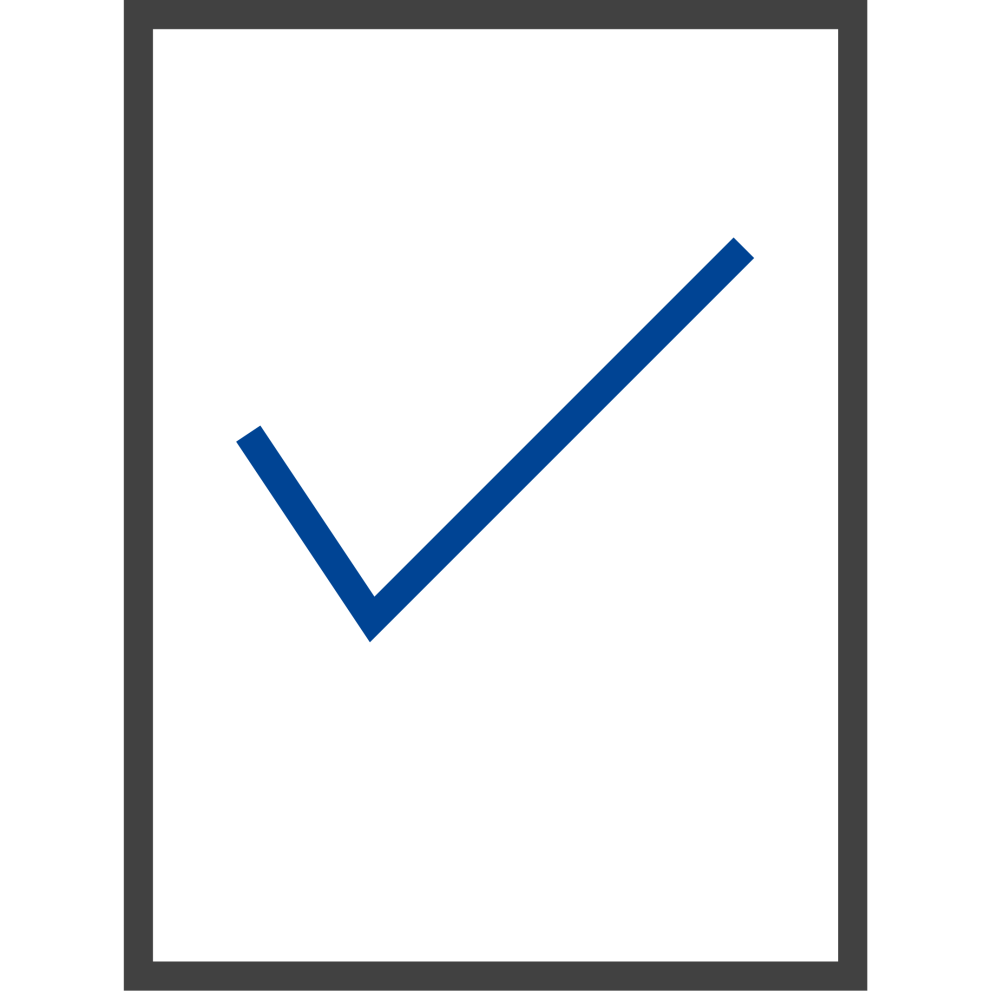In the spotlight

This public consultation is the first opportunity to share your views and expectations on the GreenData4All initiative, including the possible revision of the INSPIRE Directive. Participate before 25 March 2024.
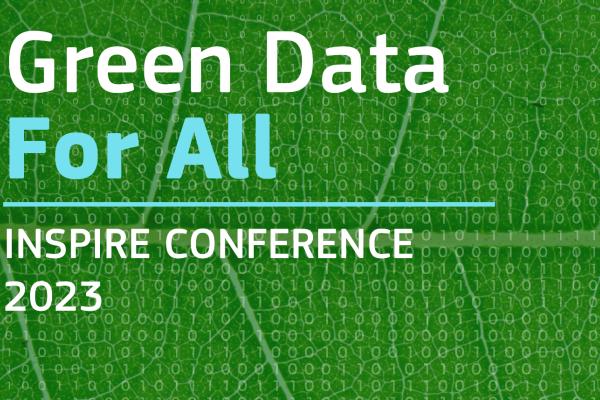
Visit this page to watch the recordings and download the programme of each session. The INSPIRE Conference 2023 was held on 28-29 November, 2023.

Get an overview of the INSPIRE Directive, its founding principles and the maintenance and implementation framework. Find guidance on how to implement and how to benefit from its reuse in different contexts.

Learn about the European strategy for data, the link of INSPIRE to the common European data spaces, the Open Data Directive and high-value datasets, the GreenData4All initiative, and the Digital Europe Programme.
Get details on the legal framework defined by Directive 2007/2/EC, its policy background, and the Implementing Rules.
Get an overview of how the INSPIRE framework is evolving to better support data-driven decision making and innovation while opening up to a wider range of users.






